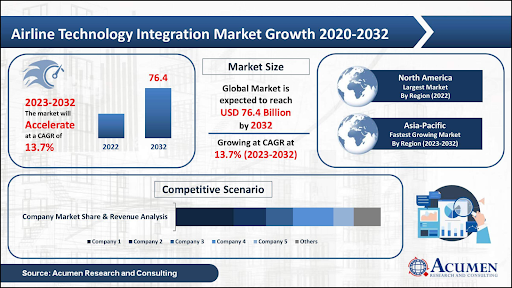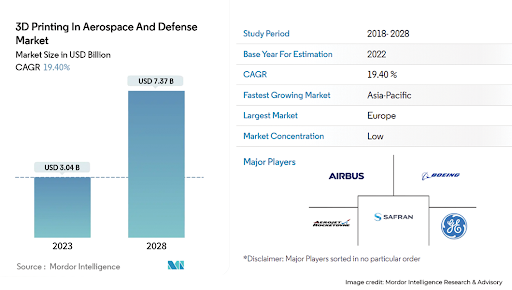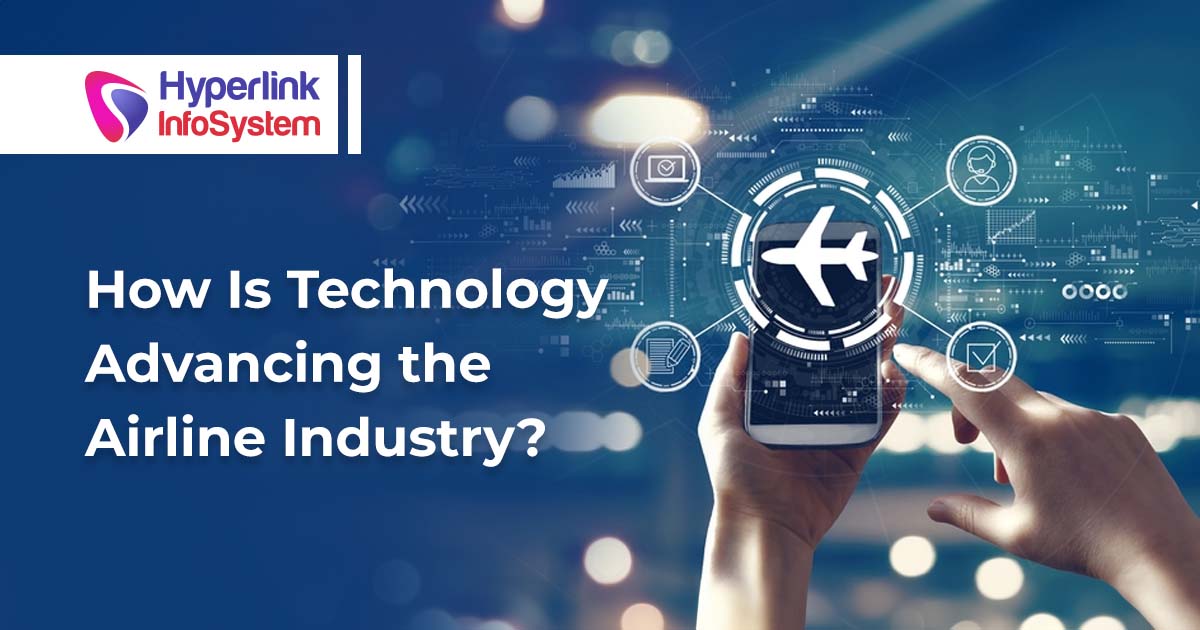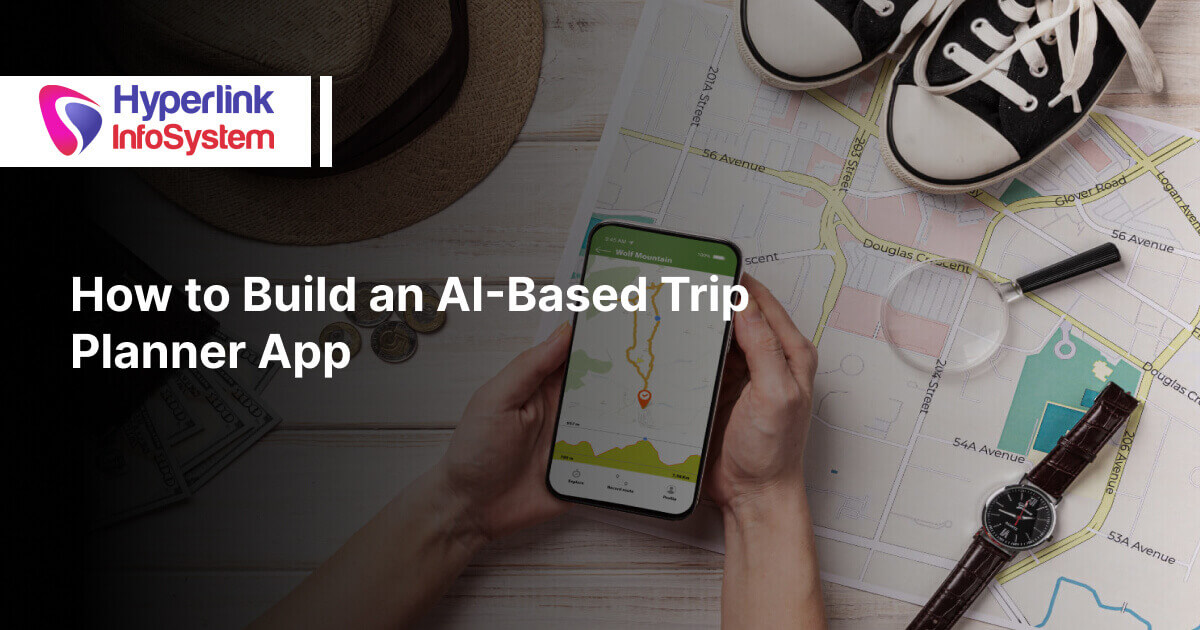Today, technological advancements have become instrumental in shaping its trajectory. From enhancing operational efficiency to revolutionizing the passenger experience, the integration of cutting-edge technologies has positioned the airline industry at the forefront of innovation.
One key player in this transformation is the collaboration with app development company. Which have been crucial in producing seamless and user-friendly interfaces. As airlines harness the power of mobile applications, the industry experiences a paradigm shift, offering passengers unprecedented convenience and accessibility.
The horizon of aviation is teeming with promise as strides in electric propulsion, autonomous flight, and sustainable fuels shape a transformative narrative for air travel.
Recent years have witnessed a surge in the popularity of low-cost carriers, emerging as the favored option for passengers. In the contemporary landscape, travelers anticipate a fully customized experience, spanning from the initial booking phase to the conclusion of their journey.
To meet these evolving expectations, the aviation industry stands poised to harness Sentiment Analysis, discerning and responding to customers' preferences strategically.
The synergy between the airline industry and mobile app development companies exemplifies the dynamic nature of technological progress, propelling air travel into a new era of efficiency and customer satisfaction.
The Key Statistics - Airline Technology Integration Market Growth

(ref: https://zipdo.co/statistics/technology-in-airline-industry/#:~:text=Cloud%20services%20are%20now%20utilized,2018%20to%2081%25%20in%202020. )
The global market for Artificial Intelligence in Aviation is poised to achieve a remarkable Compound Annual Growth Rate (CAGR) of 45.4% from 2020 to 2027.
The Aviation Analytics Market is expected to develop significantly, with forecasts predicting a rise from USD 1.7 billion in 2020 to USD 3.0 billion by 2025.
Additionally, the aviation sector's digital transformation market is set to soar, with estimates pointing to a remarkable increase from approximately USD 2.9 billion in 2020 to a substantial USD 26.1 billion by 2030. This upward trajectory underscores the industry's commitment to harnessing analytics and embracing digital evolution for enhanced operational efficiency and future sustainability.
The critical functions of over 95% of airlines now rely on cloud services, reflecting a widespread adoption of this technology.
The indispensability of mobile technology in the airline sector is underscored by the fact that approximately 94% of business travelers utilize smartphones during their journeys.
Also Read, Top 08 IoT Wearables Trends
Revolutionary Technological Advancements in the Airline Industry
-
Artificial Intelligence
AI is actively employed to craft individualized travel experiences for passengers, aiming to achieve the highest levels of customer satisfaction.
Its applications extend to personalizing, refining, and enhancing digital interactions between airlines and passengers. The strategic utilization of AI and Machine Learning (ML) in analyzing passengers' social sentiments empowers the airline industry to tailor their services according to the specific needs and preferences of travelers.
-
IoT
Today, the Internet of Things (IoT) emerges as an unparalleled ally, transforming the aviation landscape. Defined as a network interconnecting physical objects equipped with sensors, software, and advanced technologies, IoT facilitates seamless data exchange over the Internet. Within aviation, IoT technologies play a pivotal role in real-time monitoring of critical systems, elevating both safety and operational efficiency.
Aircraft, brimming with thousands of sensors, capture crucial data spanning engine performance to fuel efficiency. This wealth of information enables proactive maintenance by predicting potential failures before they manifest, ultimately minimizing downtime.
A stellar embodiment of IoT's prowess in aviation is Rolls-Royce's Engine Health Management system. This innovative system relies on onboard sensors to gather comprehensive data during flight, encompassing facets such as fuel usage and engine temperature.
The real-time transmission of this data to Rolls-Royce's monitoring centers allows for meticulous analysis, offering profound insights into engine performance and paving the way for predictive maintenance strategies.
The seamless integration of IoT in this context, exemplified by Rolls-Royce, not only averts unplanned groundings but also translates into significant time and cost savings for airlines.
In this technological paradigm, collaborating with mobile app development companies or to hire dedicated mobile app developers is imperative for the continual evolution and optimization of IoT applications in aviation.
-
3D Printing

The aerospace industry has been an early and enthusiastic adopter of 3D printing, leveraging this technology for the production of spare parts to realize cost efficiencies, accelerated lead times, and more adaptable design and development processes.
From interior components like cabin brackets, air vents, and ducting systems to critical engine parts such as nozzles, exhaust components, and specific combustion chamber elements, 3D printing has become a versatile solution.
A paramount advantage of 3D printing lies in its capability to fabricate intricate geometries that would pose challenges, if not impossibilities, with traditional manufacturing methods. This enables the creation of more streamlined and lighter components, fostering enhanced fuel efficiency in designs.
Key industry players driving this evolution include Airbus, Boeing, Aerojet Rocketdyne Holdings Inc., General Electric Company, and Safran SA, collectively shaping the landscape of 3D printing within the aerospace and defense sectors.
-
Biometric Technology
Biometric technology, heralding the future of identification, employs distinctive physical or behavioral traits to uniquely recognize individuals.
This state-of-the-art technology is crucial to improving security protocols and expediting the boarding procedure in the aviation sector. Specifically, facial recognition technology takes a passenger's face and compares it to a database of recognized faces in order to verify the passenger's identity.
A compelling exemplar of biometric integration is showcased at Hamad International Airport in Doha, Qatar, through the implementation of the "Smart Travel" system.
This biometric-enabled self-service system incorporates palm vein scanning as a key component. The palm vein recognition system efficiently verifies the passenger's identity, enabling them to navigate through all stages of the airport journey without the need for physical documents or manual checks.
This not only exemplifies the forward-thinking application of biometric technology but also underscores its potential to revolutionize and streamline air travel procedures for enhanced efficiency and security.
Conclusion
From the widespread adoption of mobile applications to the innovative collaborations with app development companies, the industry is navigating toward a future where personalized, seamless, and technologically enhanced travel experiences are the norm.
As airlines increasingly recognize the transformative potential of these advancements, the strategic decision to hire app developers and invest in cutting-edge solutions stands as a testament to their commitment to staying at the forefront of technological progress.
The symbiotic relationship between the airline industry and app development company is reshaping the landscape of air travel, promising a future where convenience, connectivity, and innovation converge for the benefit of passengers worldwide.
 +1 309 791 4105
+1 309 791 4105





















































 +91 8000 161161
+91 8000 161161
